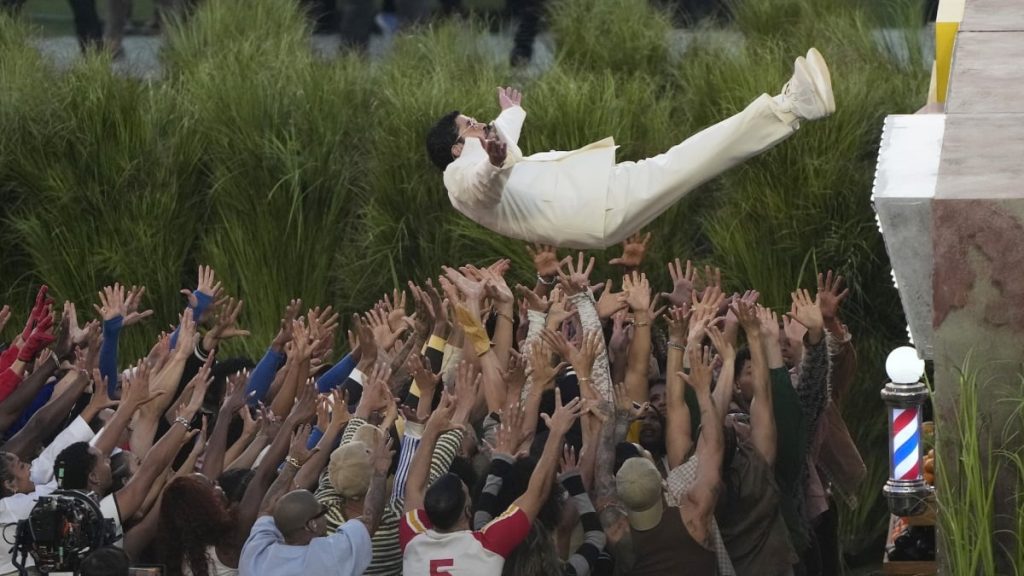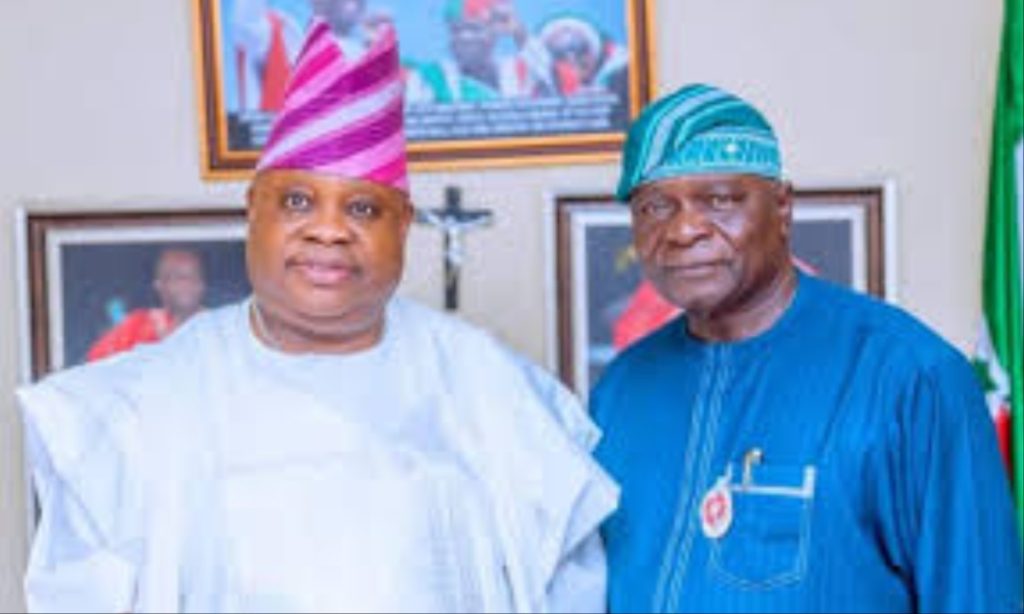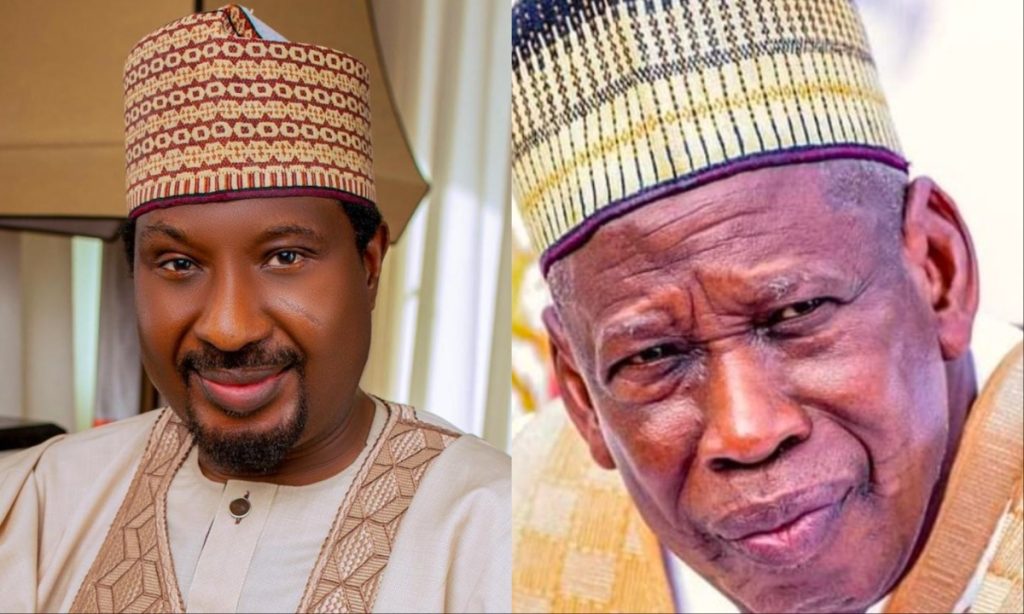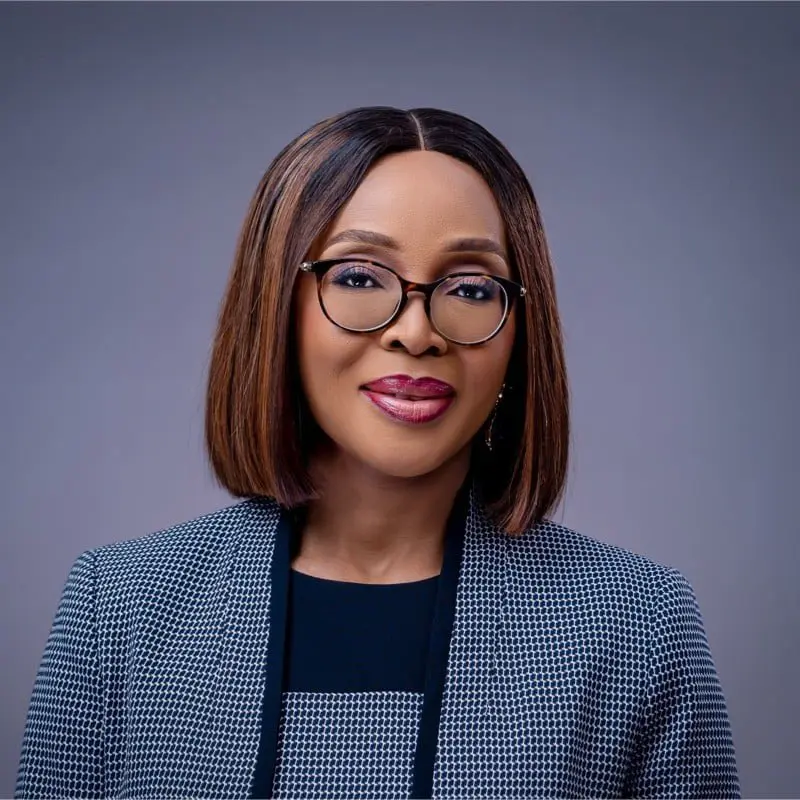Tanzanian President Samia Suluhu Hassan has dismissed calls for comprehensive electoral reforms following the country’s disputed 2025 General Election. In her inaugural address, she defended the National Electoral Commission, describing the election as “peaceful, fair, and efficient.” The president’s comments came despite criticism from regional and international observer missions, which cited intimidation of opposition figures, suppression of media freedoms, and limited voter participation.
The Southern African Development Community and other observer missions released preliminary reports highlighting the election’s flaws, including the detention of opposition leader Tundu Lissu and biased media coverage. However, President Suluhu quoted former President Benjamin Mkapa, stating that Tanzania welcomes election observers but will not be dictated to by foreign entities. She emphasized that her government would consider constructive advice while upholding sovereignty and peace as non-negotiable national principles.
The president’s inauguration was held at a military base in Dodoma, with tight security and an internet blackout in place. The event was closed to the public and journalists, marking a departure from Tanzania’s tradition of open swearing-in ceremonies. Regional leaders, including Burundi’s Évariste Ndayishimiye and Kenya’s Deputy President Kithure Kindiki, attended the inauguration.
The election has been marred by controversy, with opposition parties and human rights groups accusing security forces of using excessive force to quash post-election protests. The SADC Election Observer Mission concluded that the election fell short of regional democratic standards, citing constitutional provisions that prevent courts from reviewing presidential election results as a “serious obstacle to accountability.”
Despite the criticism, President Suluhu called on citizens to “move past the election” and focus on nation-building. She emphasized that the chosen leader becomes a servant of all citizens, regardless of their voting history. The president’s remarks have significant implications for Tanzania’s democratic future, with many calling for far-reaching constitutional and electoral reforms to ensure free and fair elections.
The international community will be closely watching Tanzania’s next steps, as the country navigates its post-election landscape. With the opposition and human rights groups continuing to voice their concerns, it remains to be seen how President Suluhu’s government will address the issues raised by observer missions and promote democratic principles in the country.



